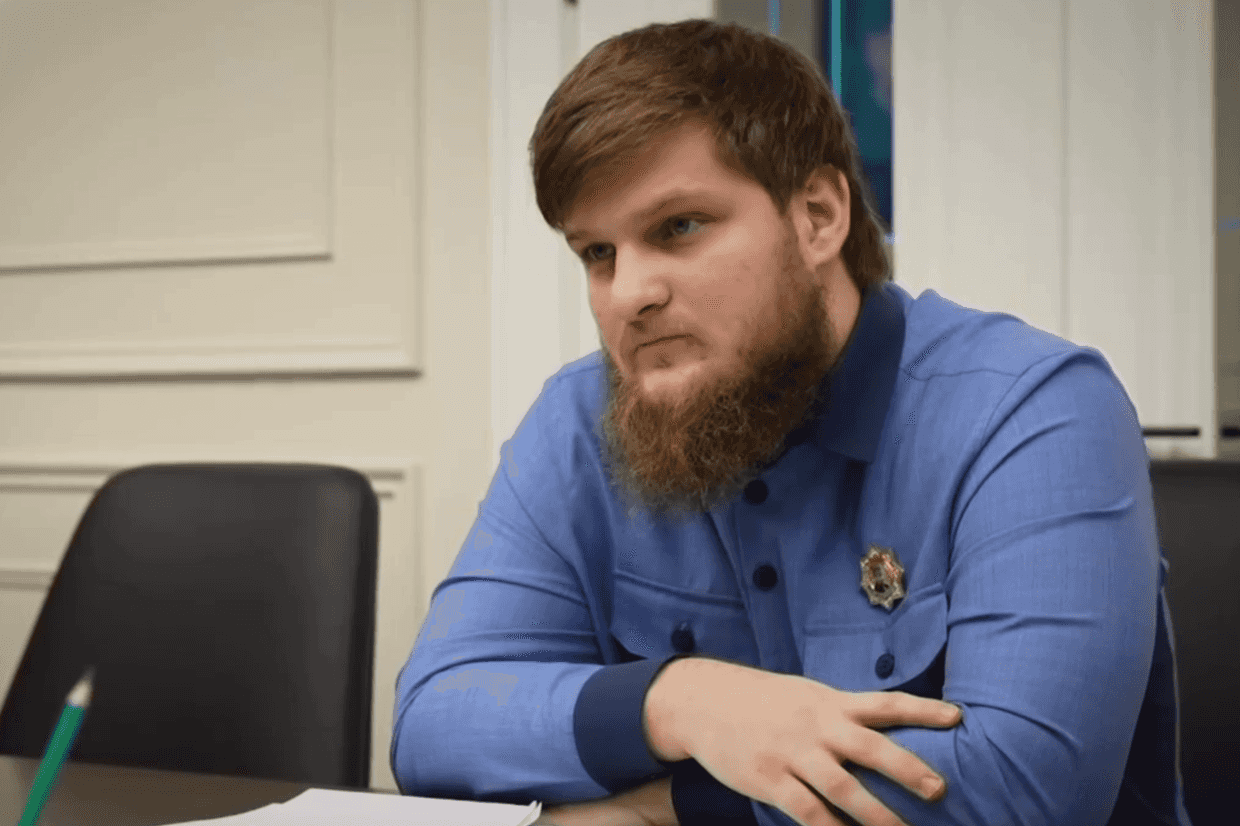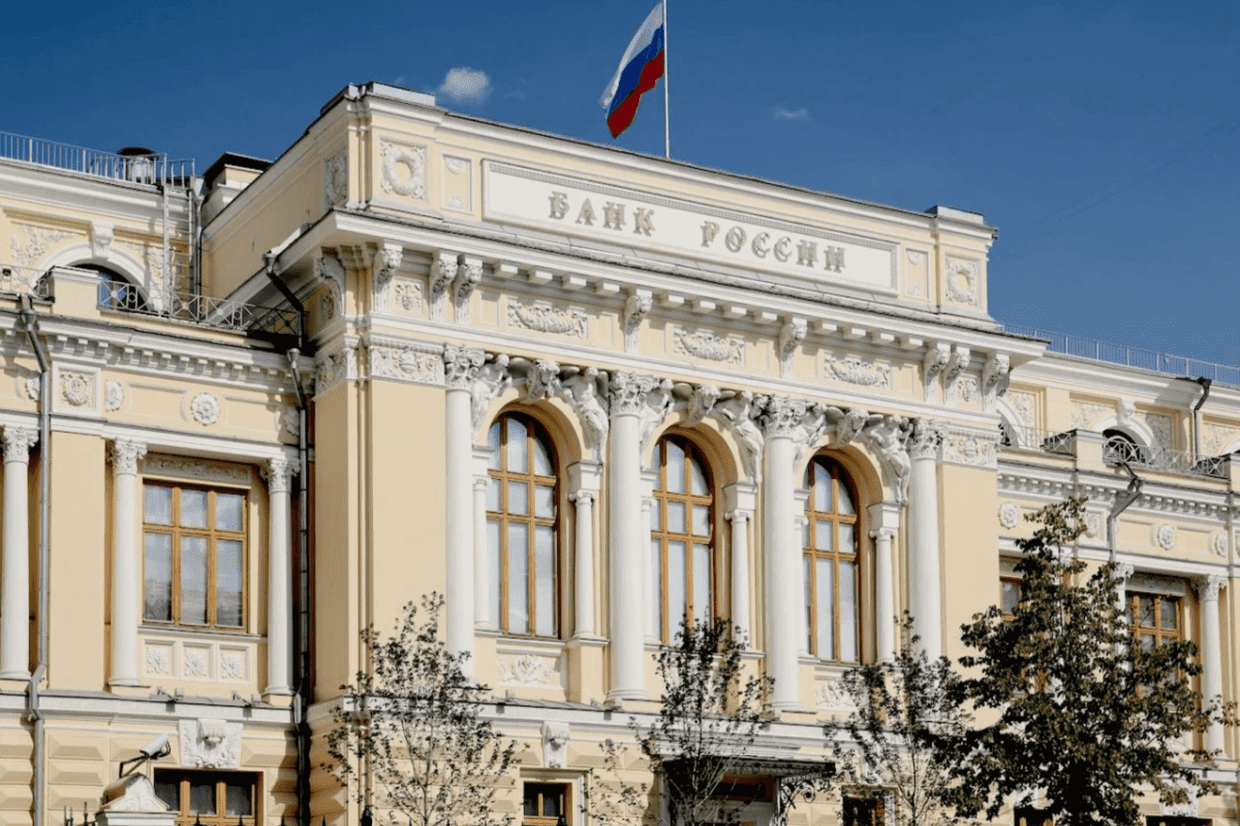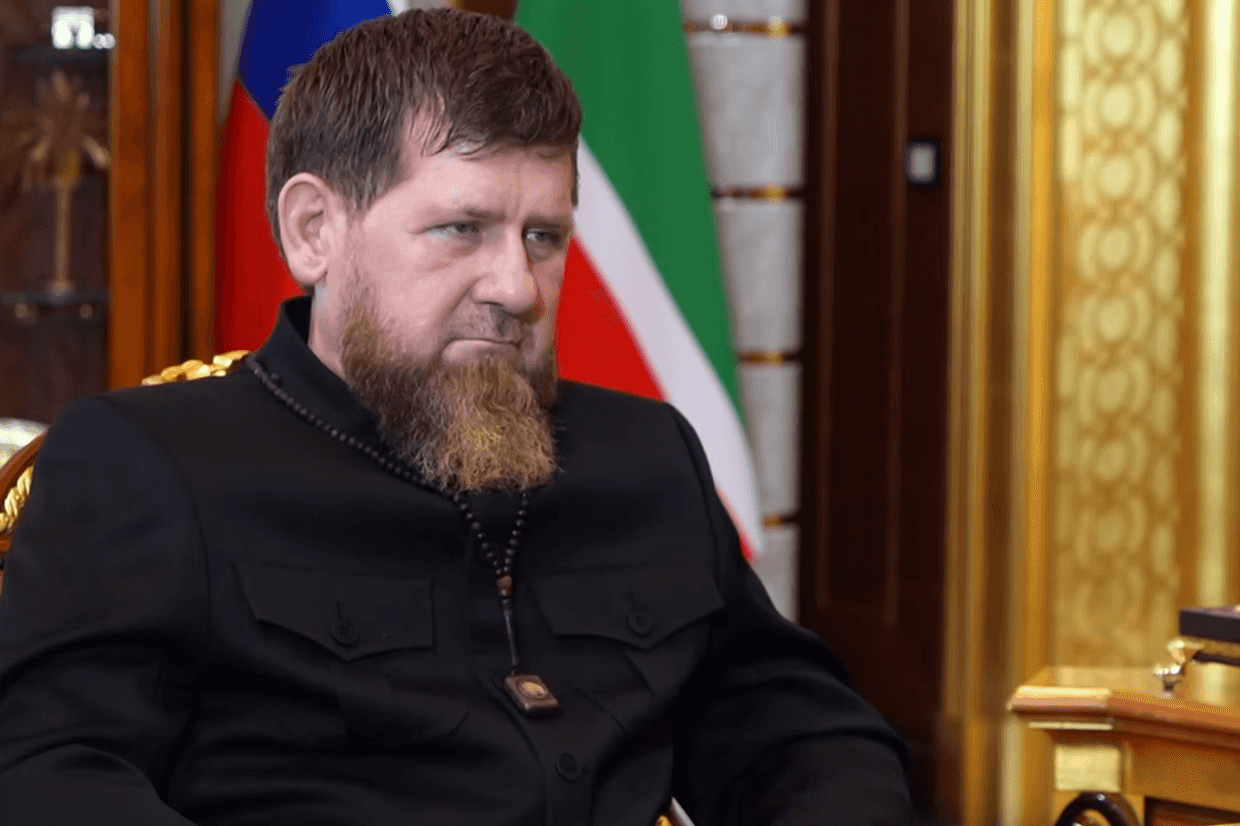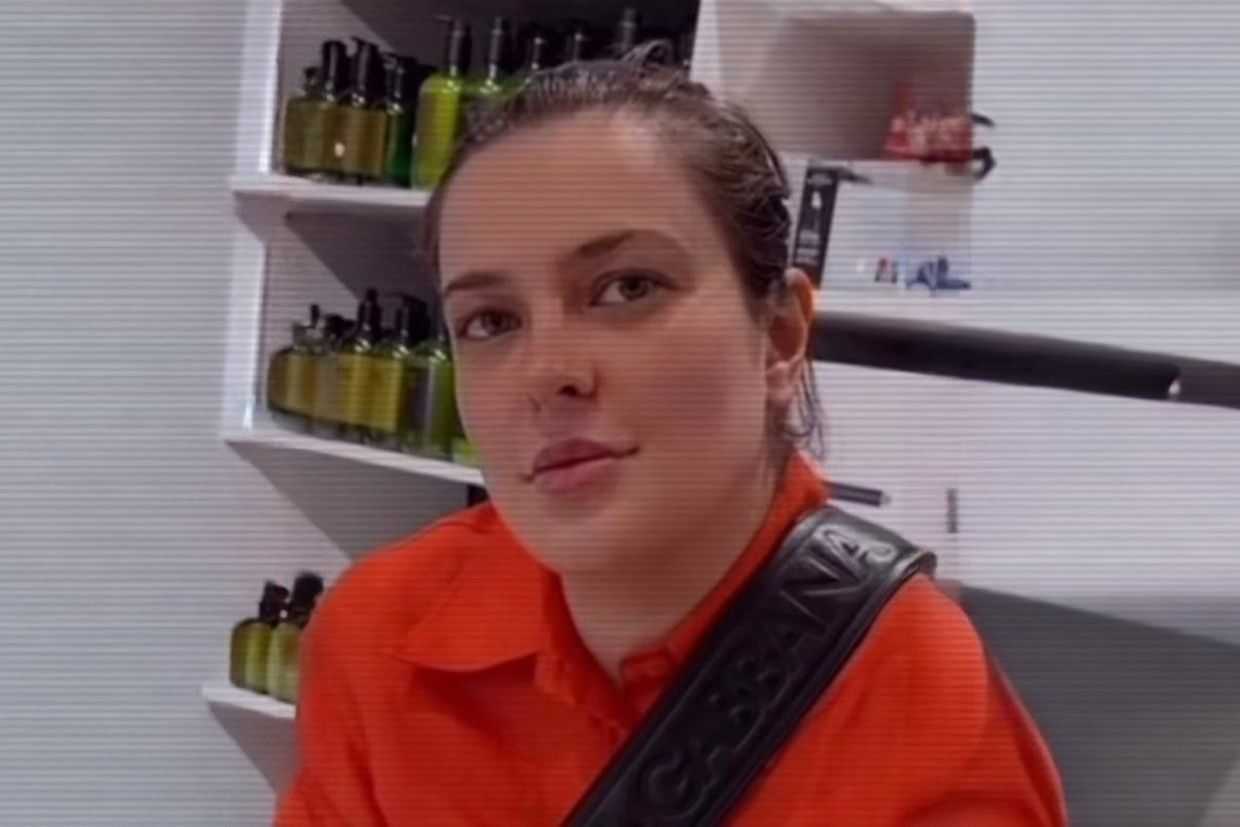
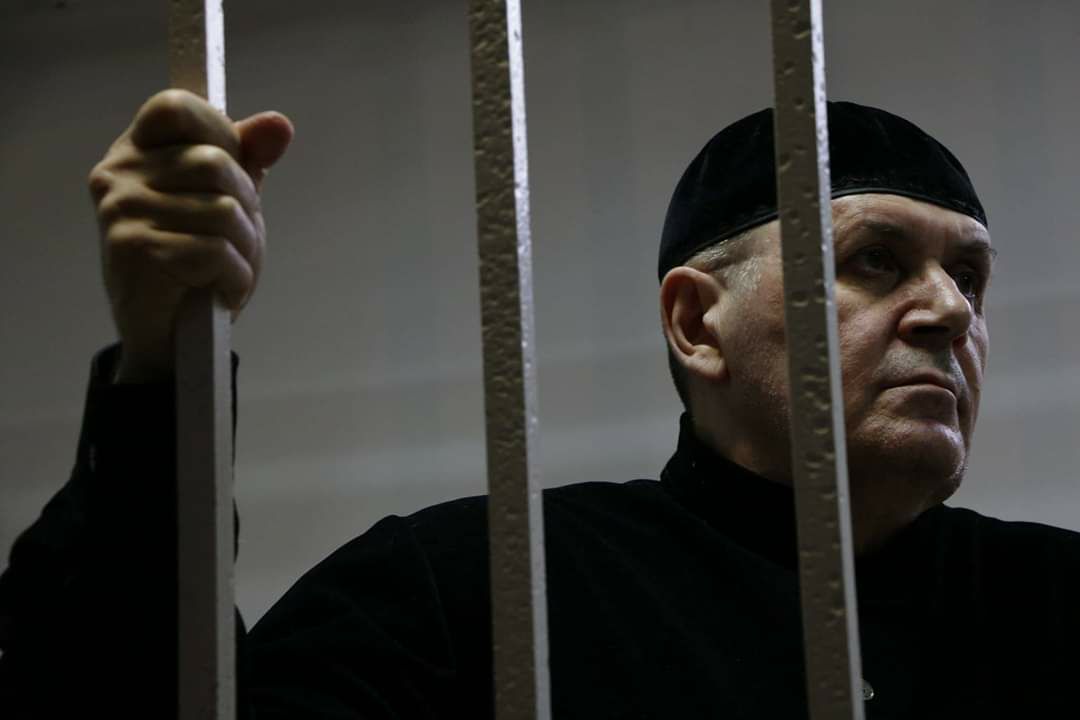
A prominent rights activist in the Russian Republic of Chechnya has been sentenced to four years in prison on drug charges.
On Monday, Chechnya’s Shali District Court convicted Oyub Titiyev, the head of the Grozny branch of Russia’s Memorial Human Rights Centre of the ‘unlawful acquisition and storage of a large quantity’ of illegal drugs.
‘They fabricated the case for five months, the following eight months — was a verdict’, Titiyev told journalists from behind the bars in the courtroom after the verdict was announced.
The state prosecution requested a four-year prison term and a ₽100,000 ($1,600) fine.
As the judge downgraded the category of Titiyev’s crime from a ‘grave crime’ to one of ‘average gravity’, Titiyev will be eligible for parole after serving a third of his term.
According to Pavel Chikov, head of Russian rights group Agora, given the time he has already served before and during the trial, he will be eligible for early release 10 days after 18 March’s verdict.
Judge Madina Zaynietdinova read the verdict for over eight hours while Titiyev was kept behind bars in the courtroom.
In his final address to the court on 11 March, Titiyev called the trial ‘a spit towards justice’ in Russia and said he ‘didn’t have any illusions’ about what the verdict would be. ‘I know that it will be guilty […] Allah has ordered me to fight injustice, so I’ll be doing that until the end of my life’.
Titiyev was arrested in January 2018 after the Interior Ministry claimed to have found a wrapped package of approximately 180 grammes of cannabis in his car. Titiyev denied the charges throughout his trial, insisting the drugs were planted on him.
Memorial and other rights groups have insisted his arrest was an effort by the Chechen authorities to silence and purge the group from Chechnya.
On 15 March, Memorial listed ‘10 facts proving a case against Oyub Titiyev was “fabricated” ’, including Titiyev’s claim that police arrested him twice within the same morning, a denial of his right to see a lawyer for six hours after his arrest, and a lack of witnesses claiming to have seen him using drugs.
Judge Zaynietdinova said she trusted the witnesses and doubted Titiyev’s claim that police had arrested him twice in January to stage his arrest better.
Defence lawyers had asked for surveillance footage from the police station he said he was taken to, but were told the cameras were ‘not working’ on that day.
Before the verdict was handed out on Monday, around 20 Titiyev’s neighbours gave character testimony to the court in his favour.
In May 2018, the court rejected his request to open a probe into his claim against the police.
Titiyev’s pre-trial custody had been extended several times, triggering his lawyers to claim the republic had violated Article 5 of the European Convention on Human Rights, the right to liberty.
His lawyers also argued that the prosecution against him was politically motivated.
Titiyev, 61 and a father of four, has been frequently described by his co-workers as a ‘devout Muslim’ who prays and fasts regularly and abstains from alcohol and tobacco.
‘Embarrassment to Russia’s criminal justice system’
Several international rights groups, as well as the US State Department, and the Council of Europe’s human rights commissioner have condemned Titiyev’s prosecution.
The European Union issued two statements in January and June 2018 that called for his release.
On 15 March, international rights group Human Rights Watch called the trial ‘a colossal injustice’ and ‘an embarrassment to Russia’s criminal justice system’.
In February 2018, soon after his arrest, the European Parliament passed a resolution calling for Titiyev’s immediate release, labelling the drug charges against him ‘trumped-up’.
Following calls for his release, Chechen authorities condemned ‘attempts to interfere’ in Russia’s judicial system.
In October, the Council of Europe’s parliamentary assembly, of which Russia is a member state, awarded Titiyev the Vaclav Havel Human Rights Prize for ‘a widely recognised contribution to the defence of human rights in the region by reporting on abuses by the local authorities’.
‘Enemies of Chechnya’
Titiyev’s arrest followed calls from Magomed Daudov, Chechnya’s parliamentary speaker, in December 2017 to ‘remove’ Chechnya’s ‘enemies’, those reporting human rights violations to the West, ‘from healthy society’.
In August 2018, Chechen leader Ramzan Kadyrov publicly stated that human rights activists were not welcome in Chechnya and that after Titiyev’s trial, the republic would be ‘off-limits’ to them.
‘I am officially saying to human rights defenders: when a verdict is out, for them, Chechnya is forbidden territory, like for terrorists, extremists and people like them’, Kadyrov said.
In January 2018, Kadyrov publicly called Titiyev a ‘drug addict’.
Before his arrest, Titiyev and Memorial had been active in reporting human rights violations and abuses of power by law enforcement in Chechnya, including persecutions, ill-treatment and torture, and summary executions.
Titiyev, who has a 17-year record of human rights advocacy, became the head of Memorial following the death of Natalya Estermirova. Prominent human rights advocate herself, Estermirova was abducted and murdered in Ingushetia in 2009.
Since Titiyev’s arrest, Memorial has been subject to a number of attacks in the North Caucasus. In January 2018, their office in Ingushetia was burned down. The same month, a car belonging to Memorial’s Daghestani office was set alight. The staff of the Daghestani branch were also targeted with threatening letters and phone calls, and one member was assaulted in March.
None of those incidents was fully investigated by the authorities, according to Kavkaz Realii.
In his court testimony in December, Titiyev said his son and other relatives were also targeted with threats.
According to Memorial, on 11 March, the Russian Justice Ministry launched a probe into Memorial as a possible undeclared ‘foreign agent’ operating in Russia.
Under the law on ‘foreign agents’, in force since November 2012, all public organisations that receive funding or other property from foreign states and participate in ‘political activity’ are obliged to inform the authorities of their existence and to accept the status of ‘foreign agent’. Many international organisations and foreign governments have condemned the adoption of this law and urged the authorities to repeal it.



